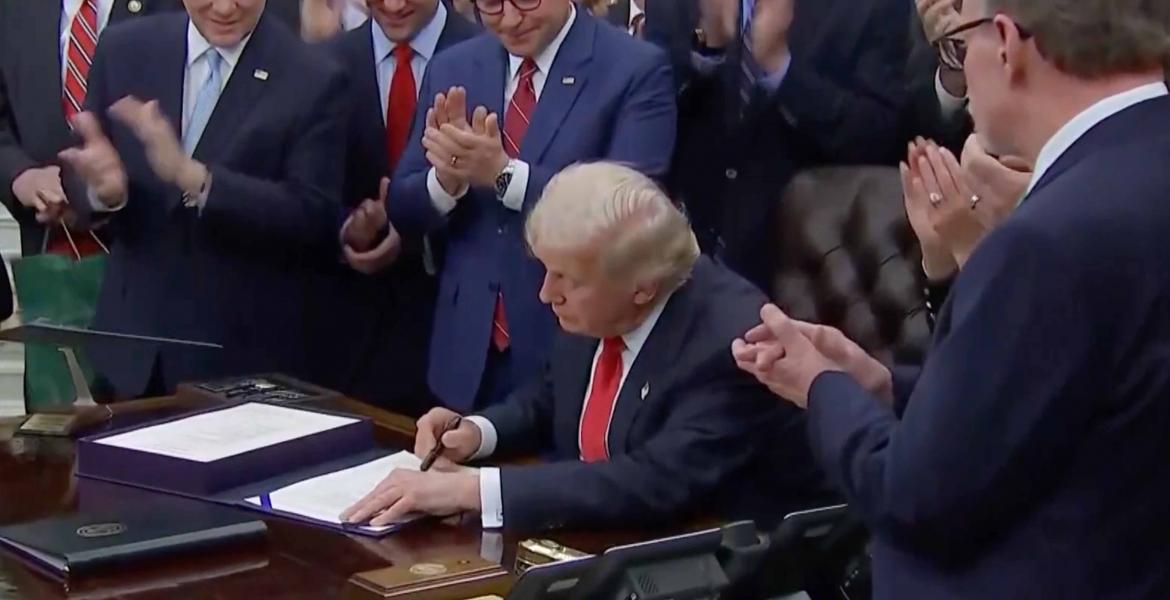Every year in elementary school, near the end of November, comes the history of Thanksgiving.
The rose-tinted lenses of childhood paint a lovely picture: solemn pilgrims, and brightly-adorned Native Americans feasting together and giving thanks.
While portions of this stylized version are true, many aspects have been glazed over. One such aspect is the fact that Thanksgiving Day was not a holiday until 1863 when Abraham Lincoln declared it to be so.
While Thanksgiving is honestly based on the 1621 settlers of Plymouth Rock and their shared feast with the local Wampanoag Indians, the holiday was not an annual event until its declaration in 1863.
The idea didn’t just pop into Lincoln’s head though. One woman, after years of hard work and lobbying in congress, finally brought the idea before President Lincoln. That woman was Sarah Josepha Hale, the first woman editor of a magazine in the United States.
Hale was the editor of “Godey’s Lady’s Book” for 40 years, from 1837 to 1877, where she one day got the idea to take the feast of the pilgrims and make it a national holiday.
The story of the settlers of Plymouth and the Wampanoag, coming together with Squanto as their guide and translator to have a mutual friendship, struck a chord in the patriotic Hale, who wanted a day of thanks for a national holiday.
Hale was a prominent figure in popular culture due to her wide audience of women, and used the magazine as a platform to instill the idea of a national holiday for giving thanks, like the feast of the pilgrims of the 1620s.
According to www.essortment.com, “President Lincoln was the first president to declare Thanksgiving a national holiday at the behest of Sarah Josepha Hale, who had spent 40 years writing to congressmen, lobbying five presidents, and writing countless editorials in her campaign to create an official day of thanks.”
Hale was rewarded after her many years of hard work with the declaration of the fourth Thursday of November to be Thanksgiving Day.
Nowadays, Americans eat Turkey and dressing, cranberry sauce and pumpkin pie, a far cry from the venison and corn of the Plymouth Settlers and Wampanoag, but the spirit of Thankfulness hasn’t changed.
Subscribe to the LIVE! Daily
Required






Post a comment to this article here: